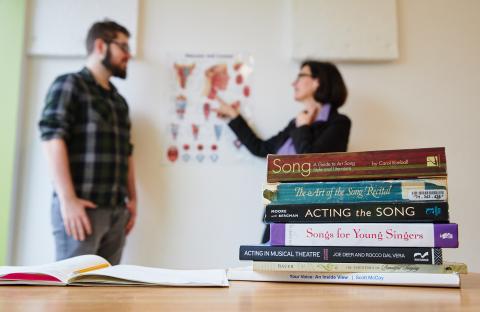Vocal Pedagogy Professional Workshop (VPPW)

July 9–12, 2026
The Vocal Pedagogy Professional Workshop (VPPW) is designed to provide collegiate and private voice instructors and vocal music educators with unique learning opportunities in both musical theater and classical voice pedagogy.
